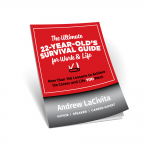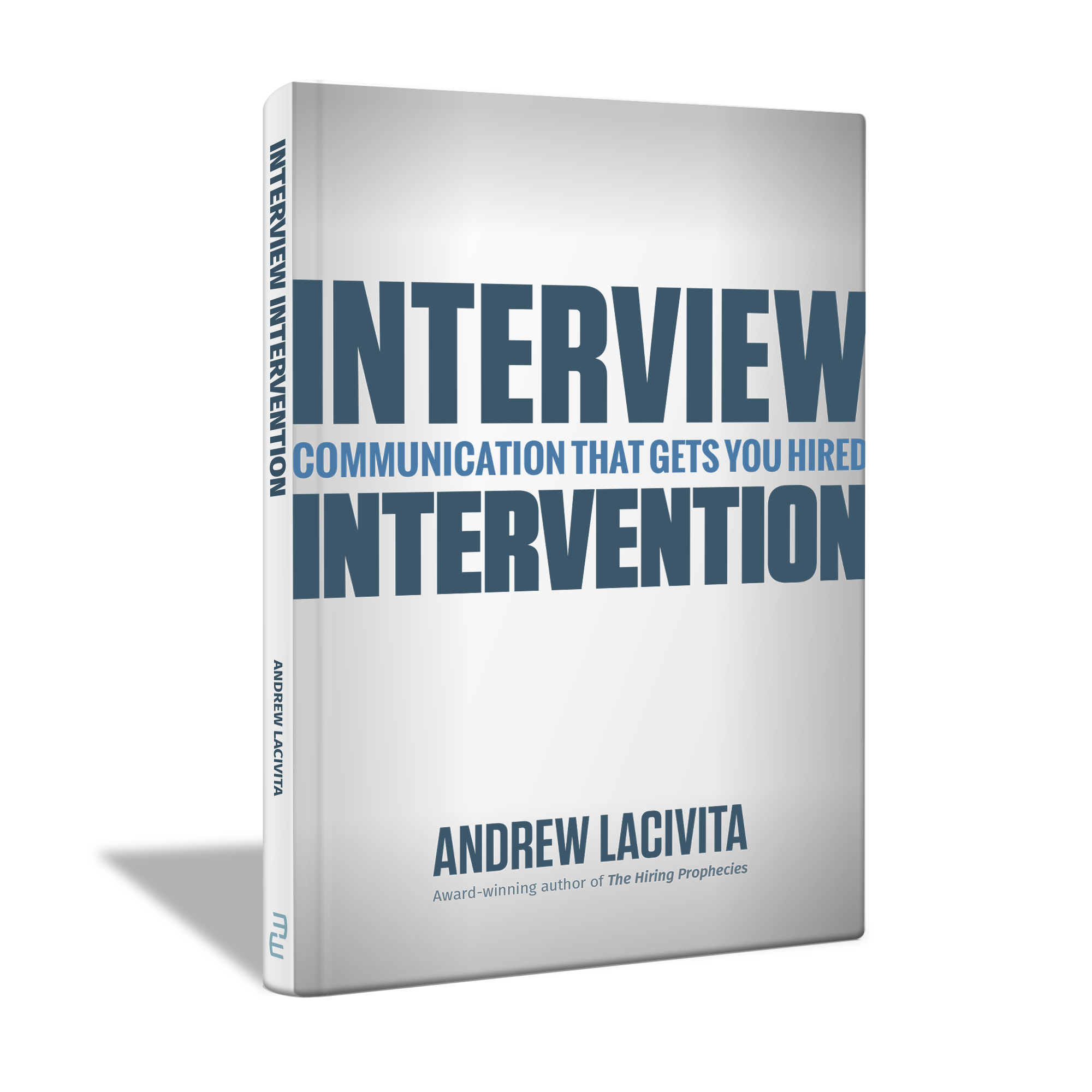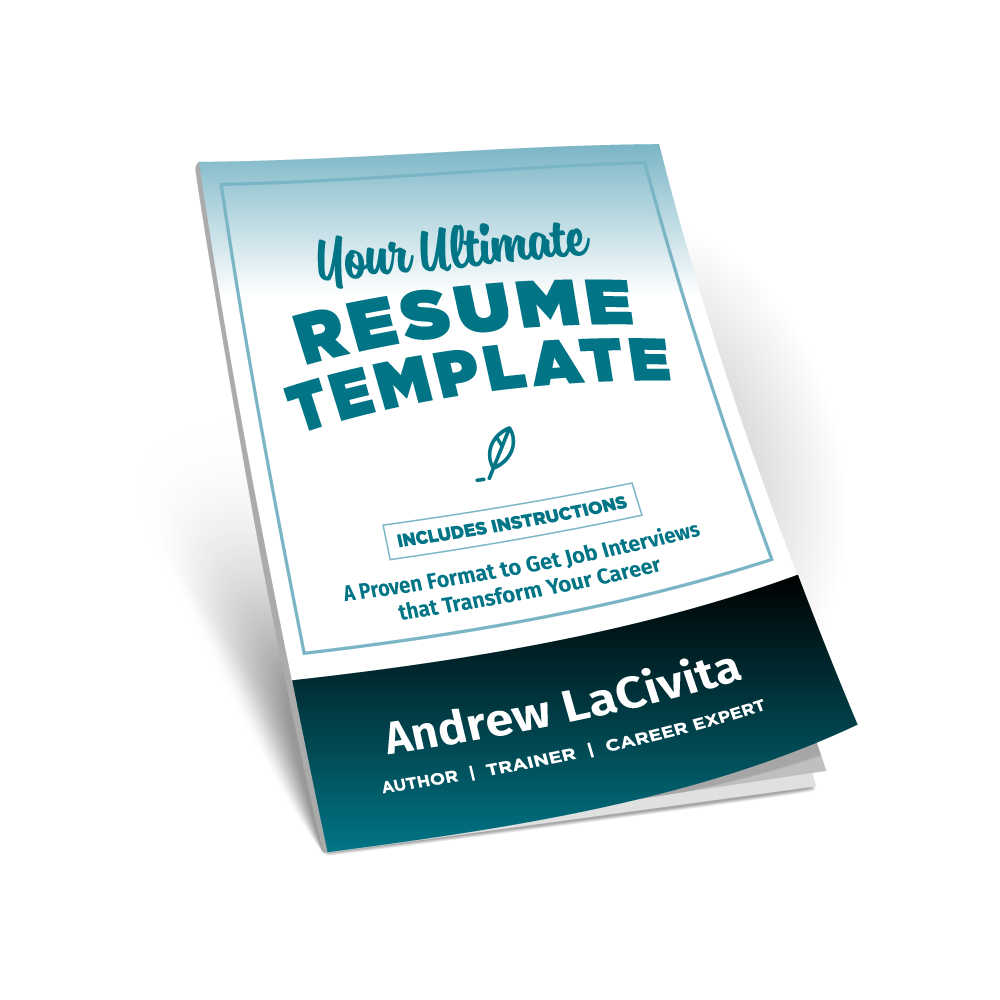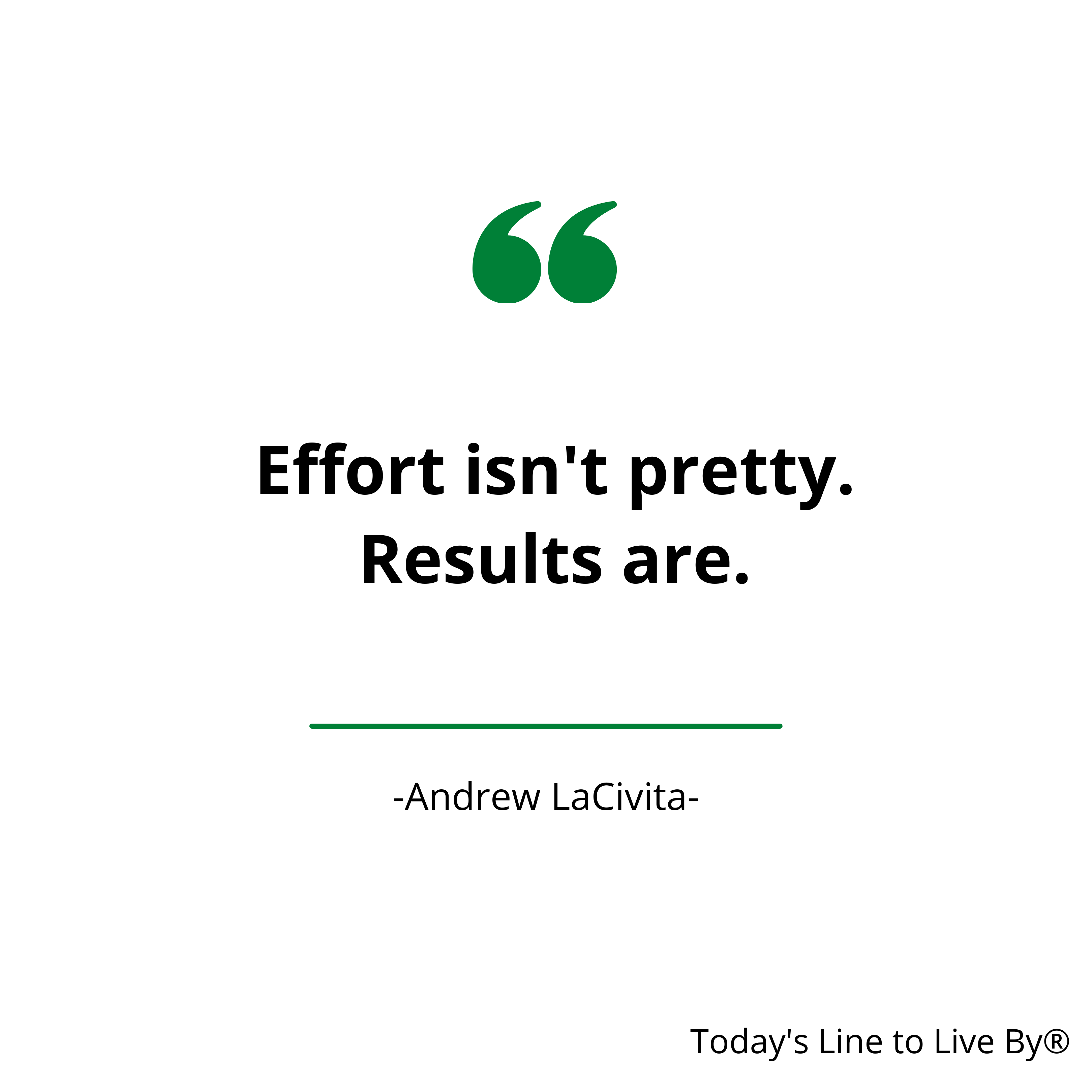Last week I received a comment on a blog post I wrote a few years back titled 34 Things Every 22-Year-Old Should Know. The gent asked for more insight regarding why I felt a mentor wasn’t necessary.
You can outsource many things in your life, but your career is not one of them. Go out into the world. Try. Make mistakes. Learn. Repeat.
The lessons you learn by doing will be more beneficial than those lived vicariously.
Of course, mentors can be extremely helpful assuming you have the right ones. I consider it a bonus more than a necessity. (Let’s leave alone situations where mentors can be harmful by dispensing poor advice.)
The commenter’s question caused me to reflect on my life.
I’ve had one mentor. Someone took me under his wing when I was twenty-four years old and carried me so to speak until I was in my late twenties. These were the days long before you could access someone at a moment’s notice via the Internet, laptops, cell phones, and chat. Our communication was verbal. (We also spend some time avoiding dinosaurs and now other-extinct creatures.)
I asked myself, “How have I managed so well over these past twenty or so years?”
I realized I do three important things—I look around instead of up, engage with virtual mentors, and participate in strong communities.
Look Around
Mentors don’t have to be wise old men or women with gray hair and wrinkles. If you pay attention, you’ll gain tremendous insight from friends, family members, coworkers, business owners, and anyone else you faithfully observe.
Learn by watching. Seek people, whoever they might be, who have been through what you want to experience. Approach them if it’s appropriate. You can request introductions. You can email them. There are many possibilities.
Think about how effective it can be when you target the advice you seek.
Virtual Mentors
It’s easy enough to Google a topic, but Cyberspace is crowded with blogs, communities, online forums, chat rooms, and social media sites. This density makes it difficult to find the right virtual mentors whose advice you’d embrace.
What’s more, how can you be sure what you read, hear, and watch is good advice?
Obviously, it makes no difference whether someone is whispering it in your ear or whether you’re reading, hearing, or watching it. Either way, you’ll ultimately need to be brave enough to try it and live it.
My suggestion is to do some Googling until you find the right individuals, bloggers, authors, or speakers that excel in your areas of interest. Ask your friends, family, and coworkers with similar interests where you can find great resources.
Initially, follow as many as you can. Weed them out over time. That way, you can focus on a manageable number whose insight you enjoy the most.
Communities
There are online and offline communities for anything you can imagine. It makes no difference what your interest or niche is.
I’ve recently been studying, training, and building a practice for launching products. (Yay, be on the lookout for products coming soon!)
As part of that learning process, I’ve been participating in a community that was built through the online training course I purchased.
I have been overwhelmed with joy by people’s willingness to share their experiences and provide insight and help when needed. I can simply toss out a question on the website or Facebook page. In minutes, I’ll have ten responses regarding potential solutions from people who have already tried that approach.
Additional areas to investigate as it relates to that communal spirit are peer mentor resources. An Internet search will yield loads of insight related to this.
What suggestions do you have related to finding mentors? What do you do in the meantime until you have one?








I’m currently mentor-less, and also quite an introvert – I know I need someone in my corner to help me, because doing things on my own feels directionless! I just sent out an email to someone I look up to, and it was kinda scary!
Don’t be afraid Lindsay! The worst thing that can happen is the person won’t respond or will respond with a “No.” Either way, you haven’t lost anything!